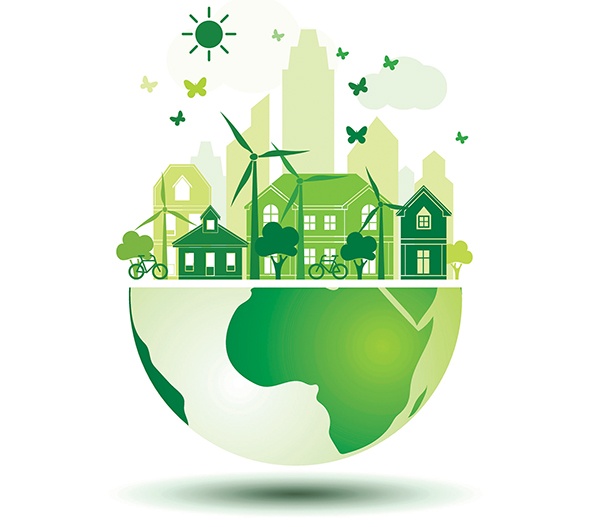In the face of escalating climate change, communities worldwide are awakening to the urgent need for action. Carbon neutrality has emerged as a beacon of hope in the fight against environmental degradation, offering a pathway towards sustainability and resilience. However, its impact extends far beyond just mitigating greenhouse gas emissions. Carbon neutrality programs have the transformative power to empower communities, driving economic growth, social equity, and environmental justice. At the heart of carbon neutrality initiatives lies a commitment to reducing carbon emissions to net-zero. This goal prompts communities to embrace renewable energy sources, implement energy efficiency measures, and adopt sustainable practices across various sectors. In doing so, they not only curb their environmental footprint but also lay the foundation for a more resilient and prosperous future. One of the most significant ways carbon neutrality programs empower communities is through job creation and economic development. Transitioning to renewable energy sources like solar, wind, and hydroelectric power fosters the growth of green industries, generating employment opportunities in installation, maintenance, and manufacturing.

Moreover, investing in energy efficiency upgrades for buildings and infrastructure stimulates local economies while reducing energy costs for residents and businesses. By harnessing clean energy solutions, communities can catalyze innovation and entrepreneurship, driving sustainable economic growth. Furthermore, carbon neutrality programs have the potential to address social inequities and promote environmental justice. Historically, marginalized communities have borne the brunt of environmental degradation and pollution, exacerbating socioeconomic disparities. By prioritizing equitable access to clean energy and sustainable resources, carbon neutrality initiatives empower vulnerable populations, ensuring that no one is left behind in the transition to a greener future. Community engagement and inclusive decision-making processes are integral to this approach, amplifying the voices of those most affected by environmental injustices. Education and awareness play a crucial role in fostering a culture of sustainability within communities. Carbon neutrality programs provide opportunities for public outreach, environmental education, and capacity-building, empowering individuals to become stewards of the environment.
Through workshops, outreach events, and educational campaigns, communities can empower residents with the knowledge and skills needed to adopt sustainable practices in their daily lives. By fostering a sense of environmental responsibility and collective action, carbon neutrality initiatives strengthen community resilience and cohesion. Moreover, Mowa carbon neutral programs offer tangible benefits for public health and well-being. By reducing air and water pollution associated with fossil fuel combustion, communities can improve air quality, mitigate respiratory illnesses, and enhance overall quality of life. Green spaces, active transportation infrastructure, and sustainable urban planning further contribute to physical and mental well-being, creating healthier and more livable communities for all residents. Carbon neutrality programs hold immense potential to empower communities and drive positive change on multiple fronts. By embracing renewable energy, fostering economic development, promoting social equity, and enhancing public health, these initiatives offer a holistic approach to sustainability that transcends environmental concerns alone. As communities worldwide confront the challenges of climate change, carbon neutrality emerges as a powerful tool for unlocking their full potential and creating a more just, resilient, and prosperous future for generations to come.
